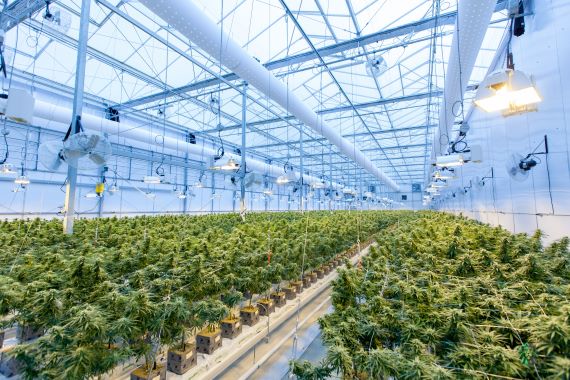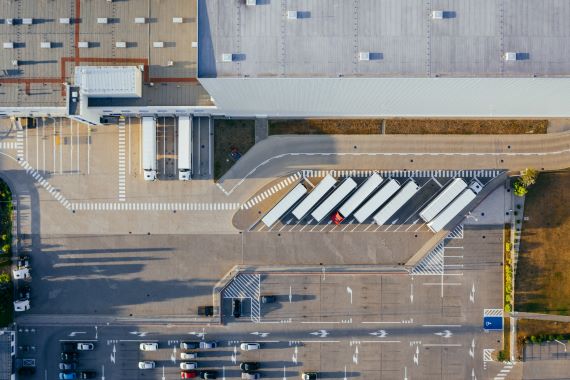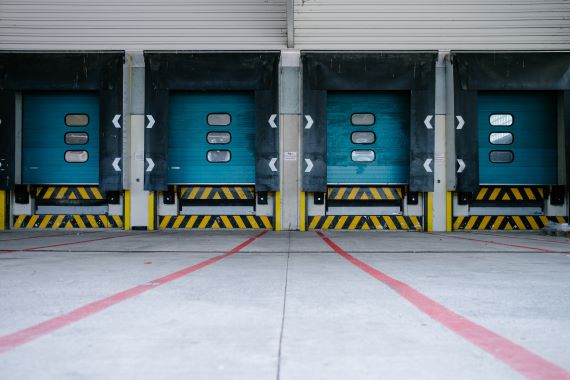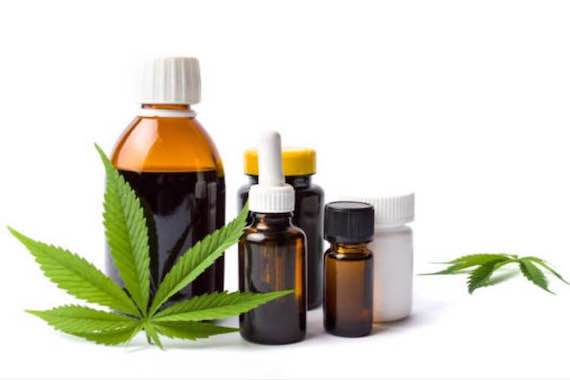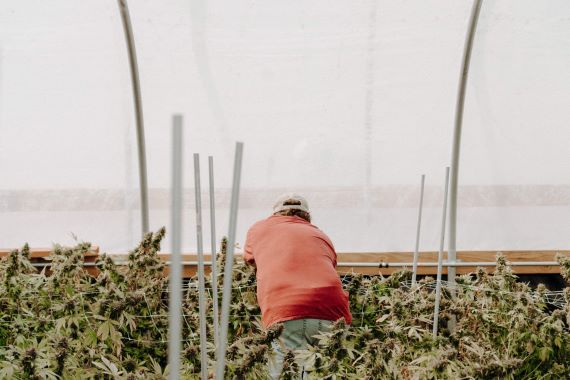Understanding Supply Chain Challenges in the Cannabis Industry
The supply chain in the cannabis industry can get convoluted and difficult to understand, but grasping the inner workings of the process is vital to overcoming the challenges it presents.
The cannabis supply chain is particularly important to understand for cannabis businesses because of the complexity of compliance matters therein. As such, you need to understand the supply chain to remain compliant and operate a successful cannabis company.
Generally speaking, the higher up the supply chain a cannabis operation rests, the more complicated its processes become.
From the Ground Up
Cannabis is an agricultural product, so it’s no surprise that the beginning of the cannabis supply chain starts with the seed. Cannabis seeds, like all cannabis products in the supply chain, are heavily regulated by a complex web of compliance strictures.
Different companies specialize in various functions related to marijuana seeds. While some companies sell cannabis seeds to growers, other companies grow cannabis from seeds they purchase. Still, other companies might grow their cannabis from their own seeds, and some even sell seeds for strains they have developed over time.
Regardless of where you fall in the supply chain, the movement, sale, and growth of cannabis seeds need to be meticulously tracked to stay within the law. This process is known as traceability and includes who’s interacted with the seeds and when.
Do You Touch Plants?
The legal designations are distinct whether your cannabis operation directly touches cannabis plants or supports other businesses that have direct contact with the plant. If your processes are directly related to the production or distribution of marijuana plants, it changes your compliance concerns significantly.
Cannabis Production and Wholesaling
Cannabis products need to be processed from their raw agricultural state into saleable products, such as cut and dried flower, pre-rolled joints, tincture oils, vape concentrate, edibles, and much more.
The specifics of a marijuana processing and production business significantly affects the cannabis compliance concerns, as does the number of people required to interact with the products in their processing and finishing. Some cannabis producers are also wholesalers, which means that they sell their cannabis products to other companies without any branding. Those subsidiary companies can then add their enhancements and branding to the marijuana products before they move on to the retail market.
Distribution
Cannabis distribution can be a tangled web, as distribution comes in various forms. Some cannabis distributors merely ship products from producers to retailers, while other warehouse products before they move on to the market. Some distribution centers serve as wholesale liaisons for producers. Each of these formations (and others) have their own unique challenges in the supply chain.
Further Reading: The Frustrating IRS 280E Tax Code and What it Means for Your Cannabusiness
Last Stop: Retail
The point at which cannabis is sold to the end-user marks the final stage of the supply chain. Retailers in the cannabis industry face a tremendous number of challenges in ensuring proper licensure and maintaining complex audit trails of all their dealings with customers and vendors.
In the end, the more people that interact with a cannabis product, the more detailed its tracking and monitoring procedures must be. Cannabis wholesalers, distributors, and retailers alike must have a global view of the cannabis supply chain to ensure compliance and the stability of your marijuana products.
The tremendous complexity of the cannabis market requires modern technology for businesses to stay ahead. At c2b teknologies, we understand the cannabis supply chain and have the business solutions that help you operate your cannabusiness like an established pro.
Whether you’re ready to talk about a cannabis accounting solution or have a question about your compliance responsibilities, we’d love the opportunity to help you succeed in this complex and competitive marketplace.

